Drunk, drugged or very lucky: Presidential siblings turn faces red at the White House
The brothers of US presidents have for years made life in the Oval Office complicated and acutely embarrassing.
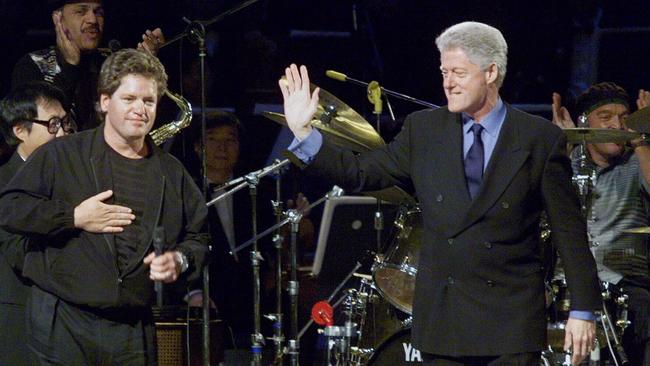
American presidents can pick their running mates but not, of course, their brothers. And some of their brothers have given them a real run for their money.
It’s not only brothers, of course, as Donald Trump has found out in recent years. Mary Trump, his niece, wrote a book, Too Much and Never Enough: How My Family Created the World’s Most Dangerous Man, while his nephew, Fred, published his own, All in the Family: The Trumps and How We Got This Way. Each is a mortifying assessment of the alleged shortcomings of their famous uncle.
Trump may label them – as he has other adversaries – “dogs”, “losers” and “enemies of the people”.
But Billy Carter, Jimmy’s brother, was a paid agent of murderous Libyan dictator Muammar Gaddafi; Roger Clinton, Bill’s half-brother, was a convicted drug trafficker; Donald Nixon, Richard’s brother, never repaid more than $US200,000 “lent” to him to bail out his fast-food chain; and Neil Bush, brother of George W. and son of George HW, was an oilman whose surname had him on the board of a dodgy Colorado bank that failed, leaving taxpayers with a $US1bn bill.
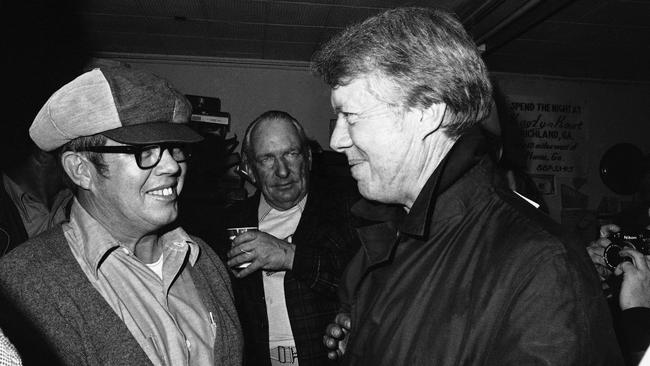
Carter brothers
The late Jimmy Carter, who died aged 100 in December 2024 in Plains, Georgia, the town in which he had been born, had a degree in science, had been a submariner in the Pacific and Atlantic, and worked on America’s fledgling nuclear fleet. In 1952 he helped dismantle an experimental reactor that was in partial meltdown. In 1976 he was elected US president, defeating Gerald Ford who was described by former president Lyndon Johnson, cruelly, as being so dumb “he can’t fart and chew gum at the same time”.
Carter’s brother Billy was bright but unworldly. It is not certain he would have found the Atlantic or the Pacific on a map. He had basic business instincts and ran the family peanut farms from a desk on which there was a giant plastic peanut with his name glued to it. He bought a few petrol stations with the profits. But Jimmy’s elevation to the White House offered business opportunities on another level to pumping petrol in Plains.
Months after his brother had taken the oath of office in Washington, Billy launched his own brew – Billy Beer. He knew a bit about the subject: “I’ve had this beer brewed just for me. I think it’s the best I ever tasted. And I’ve tasted a lot.” Billy said there were no bad beers, some just tasted better than others. He was all over the advertising with its redneck branding.
Billy Beer ceased production in October 1978. But by then Billy was promoting another drink that was equally familiar to him. It was called Peanut Lolita – 53 per cent proof – and was described as a thick, syrupy, gritty brown concoction with which one might top ice cream or crepes. Billy was pictured swigging it from the bottle. By all accounts it was undrinkable and it seems few finished one; ancient bottles of the stuff, most seemingly half consumed, litter the internet.
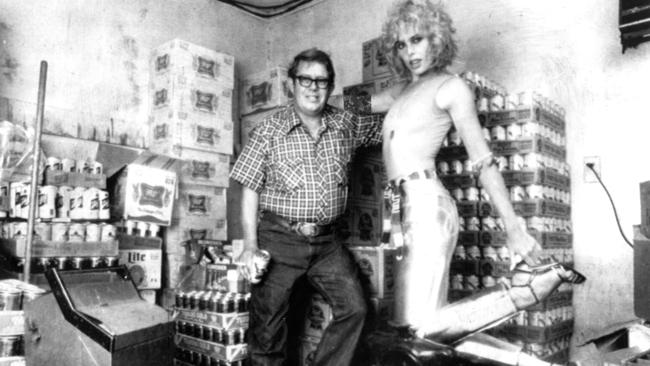
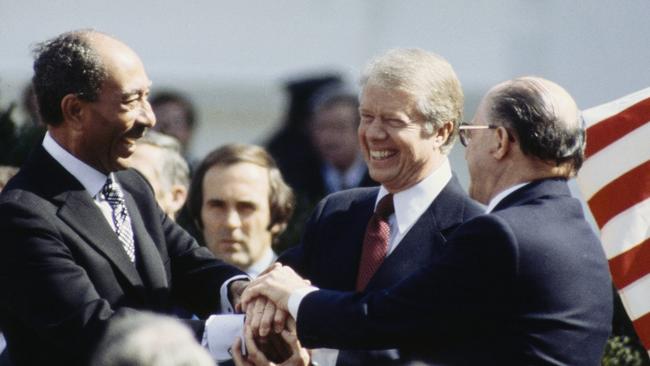
By then he was being paid $US5000 for speaking engagements – he boasted he made more money than his Oval Office brother – and the world was quick to laugh off the silly Billy antics. But then Billy turned his mind to geopolitical challenges and things quickly went peanut-shaped.
In 1978, Jimmy Carter set in motion secret plans for what would be the Camp David Accords, a preliminary peace agreement between Israeli prime minister Menachem Begin and Egyptian president Anwar Sadat who had long sought peace with his neighbour.
Libyan dictator Gaddafi was keen to destabilise these talks and had his ambassador to Italy, Gibril Shalouf, make contact with Billy.
At that time, the US was moving away from any relations with the terror sponsor and because of an embargo had withheld the delivery of eight C-130 Lockheed transport planes for which Gaddafi had already paid. (They remain at the Dobbins Air Base in Georgia, corroded and unflyable, after almost 50 years.)
Shalouf travelled to the US to meet Billy and invite him to Libya. Billy parked the peanut business briefly and set about arranging a visit there with several Georgian businesspeople in July 1978. About that time, unable to spot a bathroom, he urinated on the runway of Atlanta airport.
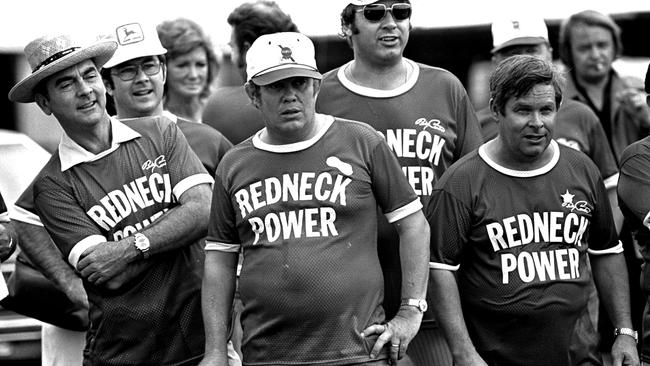
It was the first of several visits Billy would make to Libya. Behind the scenes were two disgraced and dismissed former CIA agents, Frank Terpil and Edwin Nelson, who were running arms to Tripoli, including a large shipment of plastic explosives.
Terpil and Wilson were convinced that Billy was in a position to influence the president to at least have the paid-for Lockheed transports liberated. A “loan” of $US220,000 was arranged for Billy and described as being for business purposes. This didn’t just look bad, it was sinister, even if a drunken Billy was naive to its consequences.
Certainly the Libyans considered it a serious deal; later, Wilson – who insisted the loan was for $US2m – said he put Billy’s name on a list of enemies to be killed.
For failing to deliver, the president’s brother was to be murdered by an oil painting, the frame of which would be embedded with explosives – probably the plastic variety of which Libya suddenly had plenty.
In a further humiliation, Billy was forced to register as a foreign agent representing Tripoli, and a year later the US Department of Justice directed a panel “to investigate for criminal, civil and administrative purposes, any offences arising from the activities of ‘Billy’ Carter”. It even interrogated the president under oath.
By then Billy, drinking almost two litres of whisky and vodka a day, was shaking uncontrollably and suffering blackouts. He stopped drinking starting with an 11-day detox, wrote a biography and died in September 1988, aged 51, of pancreatic cancer, the same disease that claimed both his sisters and their father.
Three months later Libya, using plastic explosives, would blow Pan Am Flight 103 out of the sky over Lockerbie in Scotland killing 259 passengers and crew, including 190 Americans. Eleven people on the ground in Lockerbie also were killed. Gaddafi had long been suspected of having helped co-ordinate the assassination of Sadat seven years earlier. Gaddafi said Sadat had betrayed Arabs and celebrated his murder.
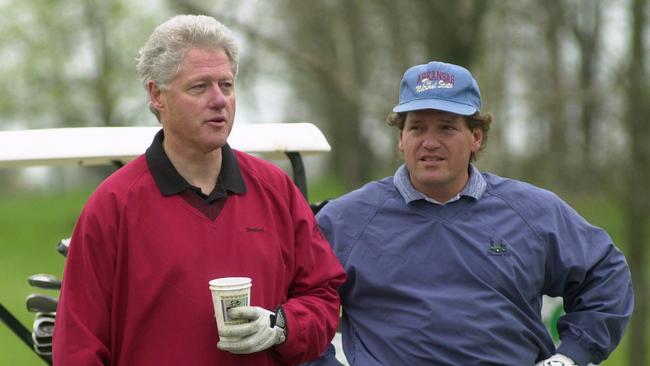
There must have been times when Bill Clinton, the 42nd US president, wished he’d stuck to his birth name. He was born Bill Blythe III. But his father had been killed three months before in a car accident while returning to Hope, Arkansas, in May 1946. A tyre blew out and his Buick left the road and rolled twice. He was thrown from the car alive but drowned in a 1m deep waterway. Blythe II was a bigamist, marrying Clinton’s mother while still married to a fourth wife.
Bill’s mother later married Roger Clinton Sr, who ran a Buick dealership. At 15 the future president took on his stepfather’s name, by which time he had a 10-year-old half-brother, Roger Clinton Jr.
Bill was a smart one, Roger not so much. Roger tried acting and singing equipped with voice a few rungs below journeyman status. He even provided his half-brother’s voice in a pilot for an animated TV series based on the 1980 Blues Brothers movie. The producers proved less than half interested and the series was never broadcast.
He was an avid cocaine user in the early 1980s and in 1984 was arrested in a crackdown initiated by his brother, who was then governor of Arkansas. Convicted, he spent a year in a federal jail.
Roger made headlines towards the end of his brother’s second term when it was alleged the Gambino crime family had paid Roger $US50,000 to lobby Bill for a presidential pardon for jailed godfather Rosario. Roger’s lawyer accepted the Gambino children gave the cash to his client but that it was unrelated to any efforts to win a pardon from the president.
Nonetheless, it was reported that the Oval Office sought a copy of Gambino’s criminal record and that after reading it the president ruled out any pardon. Naturally, Bill pardoned Roger for his drug crimes. The president’s security team had long before nicknamed him Headache.
But if the Gambinos believed they had paid Roger to help their mob dad win freedom then that may have posed its own problem. The Gambinos get grumpy and eliminate those who doublecross or fail them. The list of those alleged to have been murdered by the Gambinos stands at 18. Rosario – who is still in jail aged 83 – might well have been unhappy with Roger. The fear of reprisal would have been enough to turn a bloke to drink. Seems it did.
Months after Bill Clinton left office Roger was charged with two counts of driving under the influence. These were dropped and he faced a lesser charge of reckless driving. In 2016 he was pulled over again for DUI and pleaded no contest to the charge.
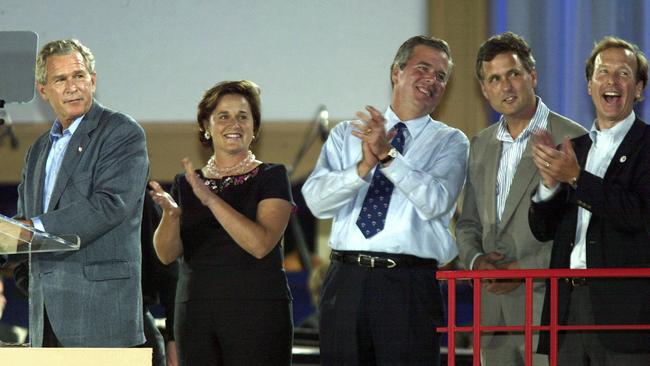
The Bush brothers
Neil Bush swings from a lower bough of the Bush family tree on which can be found his father, George HW Bush, the 41st president, and brother George W. Bush, the 43rd, along with John Ellis “Jeb” Bush, the 43rd governor of Florida.
Neil was born into a wealthy family of unrivalled political influence. He’s lucky. Always has been. Indeed, he is one of the luckiest lightweights to have breezed through Washington’s corridors.
His dad was vice-president and then president for a combined dozen years, then his older brother did two stints as president, giving Neil a total of 20 years to milk his surname. Those four letters helped him raise funds for projects that otherwise might not have seen the light of day, and they acted as a lightning rod for those in business who understood their power.
While his father was Ronald Reagan’s VP, Neil joined the board of Denver’s Silverado Banking Savings and Loan, which became the star of the US saving and loans crisis of the late 1980s. In the high interest rate era Silverado, like most of its contemporaries, tried to offset its interest payments with increasingly risky, unsecured loans – in Silverado’s case, sometimes to developers who in turn had shares in Silverado and sometimes invested in Neil’s oil companies, one of which had links to Osama bin Laden’s older brother. Silverado went belly-up, costing US taxpayers an estimated $US1bn. US regulators sued Neil and other board members for gross negligence.
The Federal Deposit Insurance Corporation claimed Neil and others had defied conflict-of-interest regulations while Silverado made improper and sometimes illegal loans. Neil paid a $US50,000 penalty settling the issue.

He consulted briefly to semiconductor company Kopin and later bought and sold shares in it on the same day, pocketing $US171,370. It was on a day when the company announced it had a new Asian customer. He’s lucky.
In 1999 he co-founded an educational software company and was able to secure investments from unlikely quarters, including controversial Russian billionaire Boris Berezovsky and his mate Badri Patarkatsishvili – both of whom had done extravagantly well in the post-Soviet privatisation of state assets. Both their lives ended in London in odd circumstances contested to this day. The Moscow Times reported that the link between Berezovsky and Neil annoyed Russian president Vladimir Putin, who “counts George W. Bush as a friend”.
Chinese company Grace Semiconductor Manufacturing Corporation asked if Neil would consult to it and perhaps sit on its board. It offered him $US2m, paid as company stock, for the five years of the contract. This was revealed along with other embarrassing details in a deposition that formed part of his divorce from Sharon, his wife of 24 years. Reuters reported at the time that Sharon’s lawyer asked Neil: “You have absolutely no educational background in semiconductors do you?’’ Neil agreed that was correct. “And you have absolutely over the last 10, 15, 20 years not a lot of demonstrable business experience that would bring about a company investing $2m in you?’’
Unlucky in love, perhaps, but some anonymous benefactor seems to have stepped in there as well.
Neil said that on business trips to Hong Kong and Thailand he had answered knocks on his door from young women who entered his room and insisted on sex. He did not know them. He didn’t know if they were prostitutes. He didn’t ask. They sought no payment.
Like many might, Sharon’s lawyer thought this odd.
She said: “Mr Bush, you have to admit it’s a pretty remarkable thing for a man just to go to a hotel room door and open it and have a woman standing there and have sex with her.”
“It was very unusual,” Neil conceded.

The Nixons
The day after Richard Nixon, then vice-president to World War II hero commander Dwight Eisenhower, lost the 1960 American election to John Kennedy, by 0.17 per cent, brother Donald Nixon called to apologise, saying to Richard: “I hope it is not my fault (that you lost).” It may well have been.
The Nixon family, headed by the stern and tortured Francis (two sons had died young and Francis, a Quaker, thought it godly punishment) owned a grocery shop in Whittier in southern California.
Both brothers worked in it, Richard noticeably harder than his younger sibling. Donald ran the coffee shop they added to it in 1943, by which time Richard’s legal career had flourished until he volunteered for the navy and was posted to the South Pacific.
By the time Richard had won a seat in the House of Representatives from Calfornia in 1947, Donald had visions of owning a hamburger chain: he had the original family shop, a drive-in outlet nearby and another across town, each selling the Nixon Burger (with cheese) for just US20c. He added two more outlets, stretching his finances and, with his brother now vice-president, accepted a $US205,000 loan from Howard Hughes, then one of the wealthiest and most famous men in the world.
Hughes owned RKO film studios and Trans World Airlines, held air speed records, was an inventor and owned more of Las Vegas than anyone else. He also owned Hughes Aircraft Company, Hughes Tool and Hughes Helicopters, making him one of the most significant defence contractors to the US government. By the time news of this loan became public, Richard was running for the White House and it derailed his campaign.
Also by then Donald’s funds had drained away and he had sold the lot to redeem his debts. He never repaid Hughes and, it seems, neither was he asked to (it is equivalent to about $3.75m today).
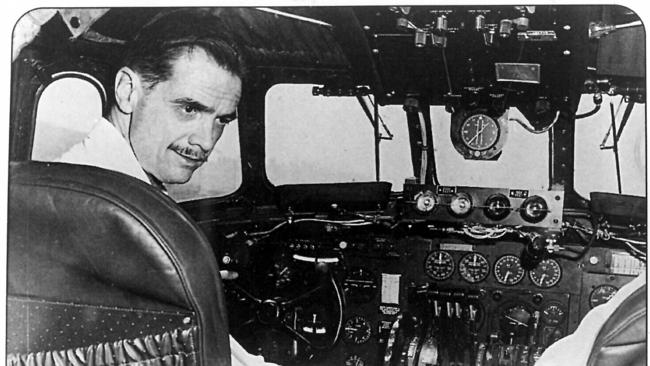
Richard’s sly campaigning for the Senate in 1950 had already seen him labelled Tricky Dick in California. From 1960 the label was national and unshakeable. Nixon always denied he knew anything about the loan, but Americans weren’t buying it.
With good reason: a senior aide to Hughes wrote in 1972 that he had warned Richard in 1956 that if news about it leaked it would be a problem. The vice-president allegedly replied: “I have to put my relatives ahead of my career.”
He was less accommodating to family by 1972 when his first term as president was ending and he sought another. He had Donald’s phone tapped. When this also leaked, the president said he had done it for security reasons “and I will not go beyond that”.
Donald’s name had been linked to funds Hughes secretly was donating circuitously to Richard’s re-election campaign.
Also working on his re-election were members of the Committee to Re-Elect the President (known mockingly as CREEP) who underwrote the break in to the Democratic National Committee headquarters in Washington’s Watergate Hotel on March 28, 1972, to plant listening devices. When these stopped working, they returned on June 17, reportedly to plant more bugs and look for paperwork linking the Nixons to Hughes.
History records that a labyrinthine but disjointed collective of crooks – some known to the president, others not – had set out to illegally disrupt the 1972 presidential election. Nixon won anyway in a landslide. But Watergate entered the lexicon and his cards had been marked. Thanks, bro.



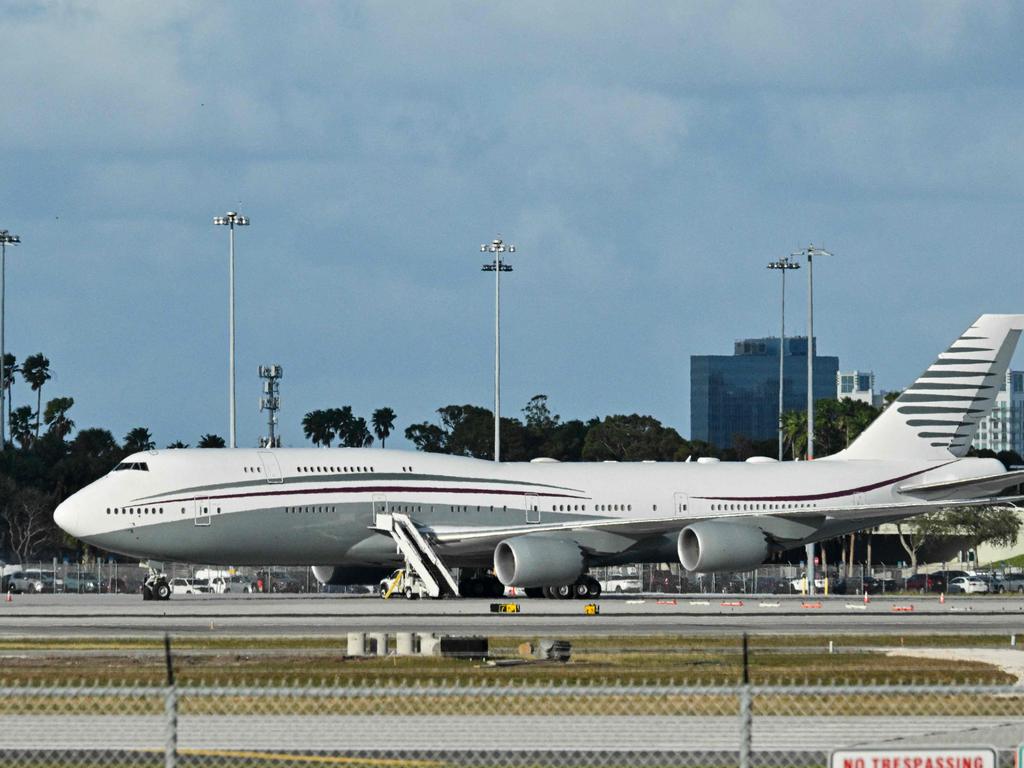
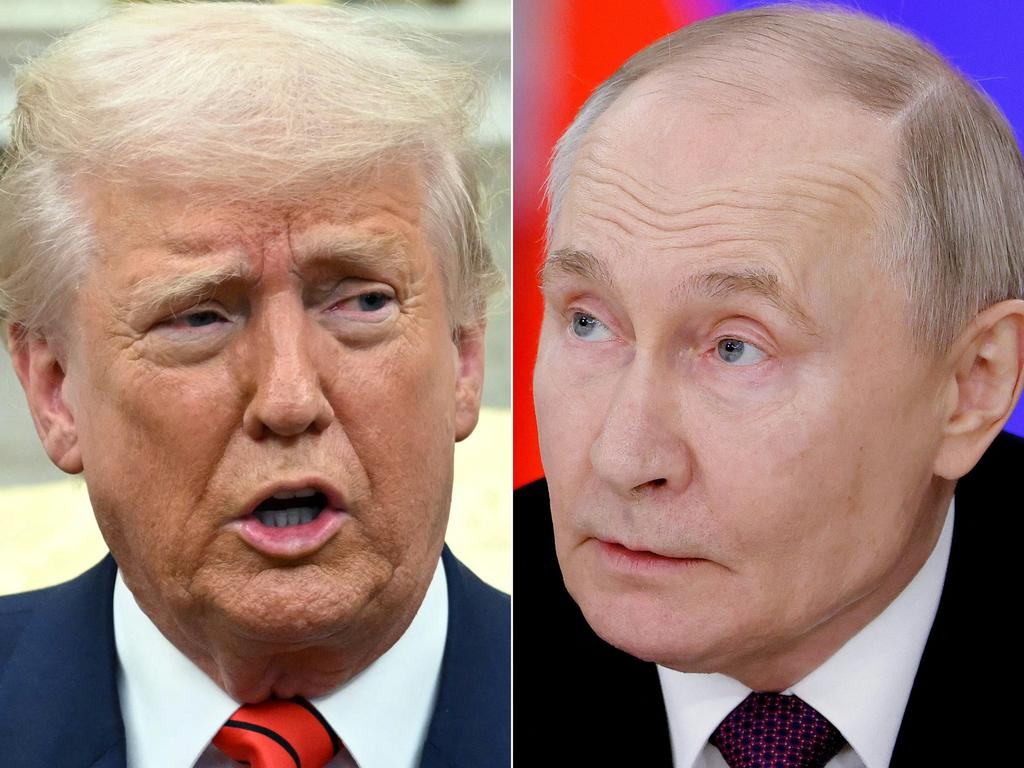
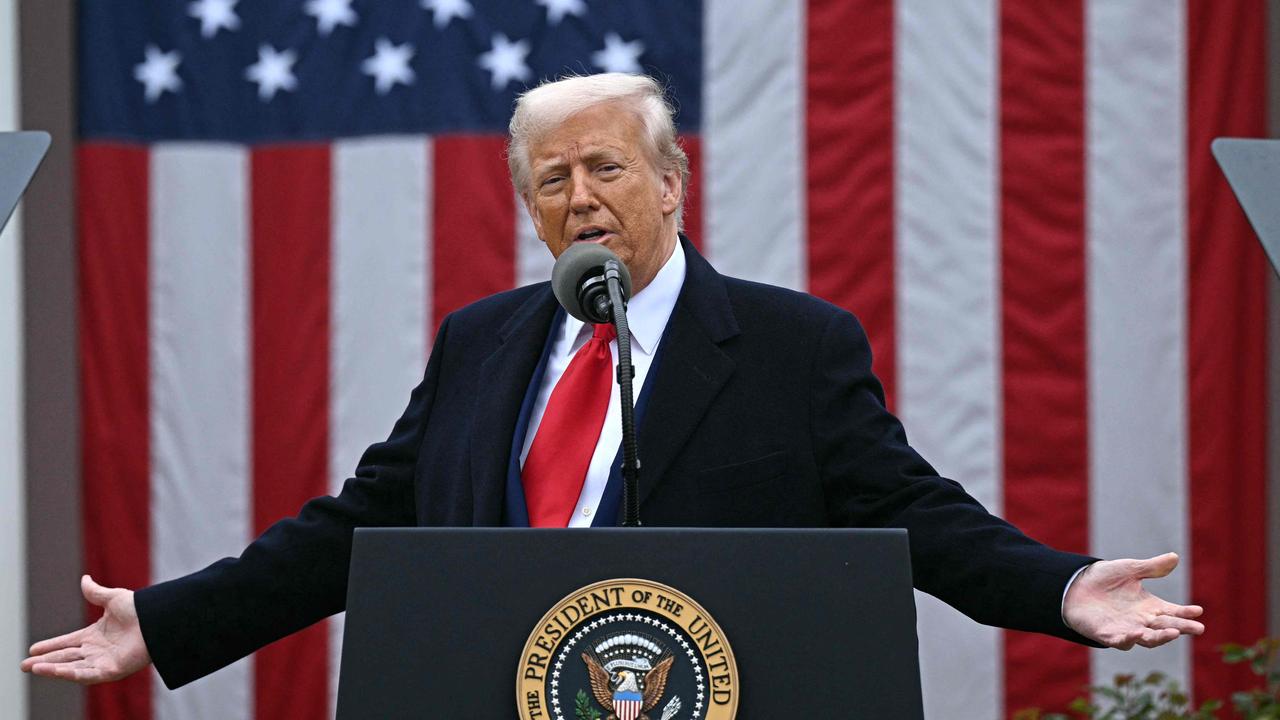
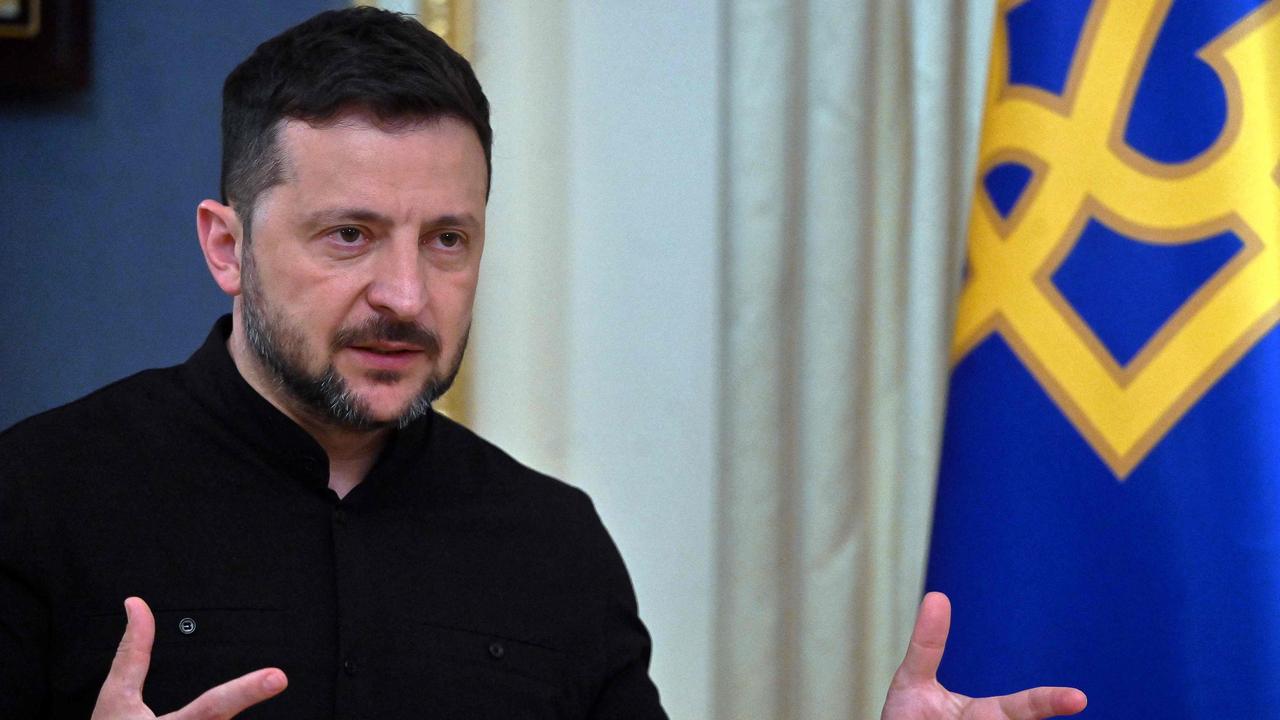
To join the conversation, please log in. Don't have an account? Register
Join the conversation, you are commenting as Logout